Michigan offers exceptional black bear hunting experiences, with abundant wildlife and diverse habitats. Guided hunts provide expert knowledge and support, ensuring a successful and memorable adventure for hunters of all skill levels.
Overview of Michigan Bear Hunting
Michigan is renowned for its thriving black bear population, particularly in the Upper Peninsula (UP), where dense forests and abundant food sources create an ideal habitat. Black bears in Michigan are highly adaptable, feeding on berries, nuts, and fish, which influences their movement patterns. Hunting these bears is a popular outdoor activity, with opportunities for both spot-and-stalk and bait hunting. The state’s diverse terrain, from hardwood forests to wetlands, offers challenging yet rewarding experiences for hunters. Michigan’s bear hunting season is carefully managed to ensure sustainable populations, making it a prime destination for both novice and experienced hunters seeking a memorable adventure in the wilderness.
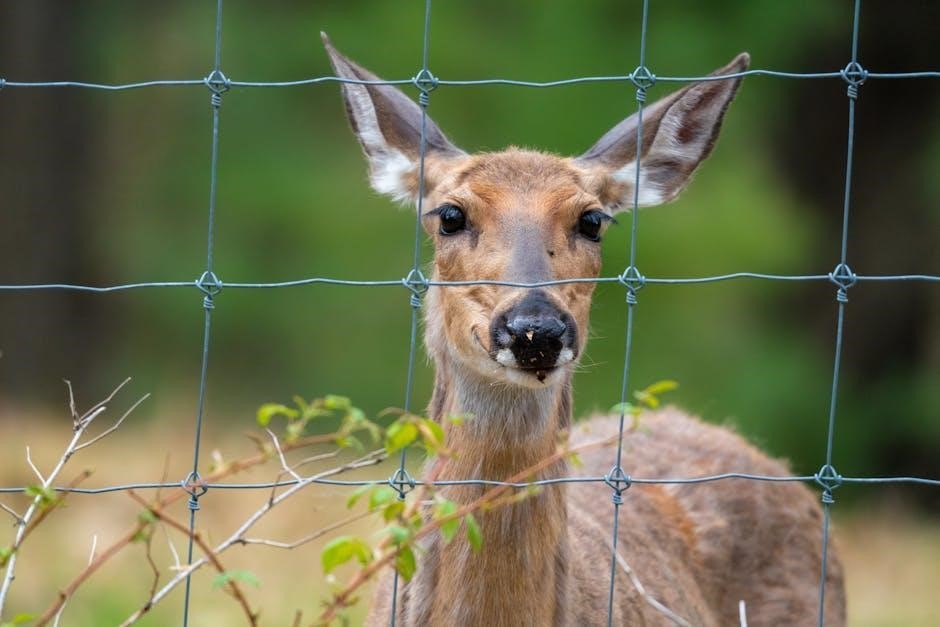
Regulations and Licensing for Bear Hunts in Michigan

Michigan requires a bear hunting license, obtainable through the DNR, with specific season dates and bag limits. A points system manages license distribution to ensure sustainable bear populations.
Obtaining a Bear Hunting License in Michigan
To hunt black bears in Michigan, you must apply for a bear hunting license through the Michigan Department of Natural Resources (DNR). The process typically involves an annual application period, with licenses allocated based on a preference points system. Hunters earn points each year they apply but are unsuccessful in drawing a tag. This system ensures fairness and sustainability in managing Michigan’s bear population. Applicants can choose specific hunting seasons and units, such as the fall or spring seasons in designated zones. Non-residents are also eligible but must purchase a non-resident bear license. Additionally, all hunters must complete a state-approved hunter education course if born after January 1, 1960. Proper licensing ensures compliance with conservation efforts and regulates bear hunting activities across the state.
Season Dates and Bag Limits for Bear Hunting
In Michigan, bear hunting seasons are carefully regulated by the Michigan Department of Natural Resources (DNR) to ensure sustainable management of the bear population. The primary bear hunting season typically occurs in September and October, with exact dates varying by hunting zone. Hunters are allowed one bear per season, and the harvest must be reported to the DNR. Bag limits are strictly enforced to maintain healthy bear numbers and ecosystem balance. Additional regulations may apply, such as restrictions on baiting or the use of dogs in certain areas. Hunters are encouraged to consult the DNR’s annual hunting guide for specific details on season dates, bag limits, and any special permits required for their hunting location.
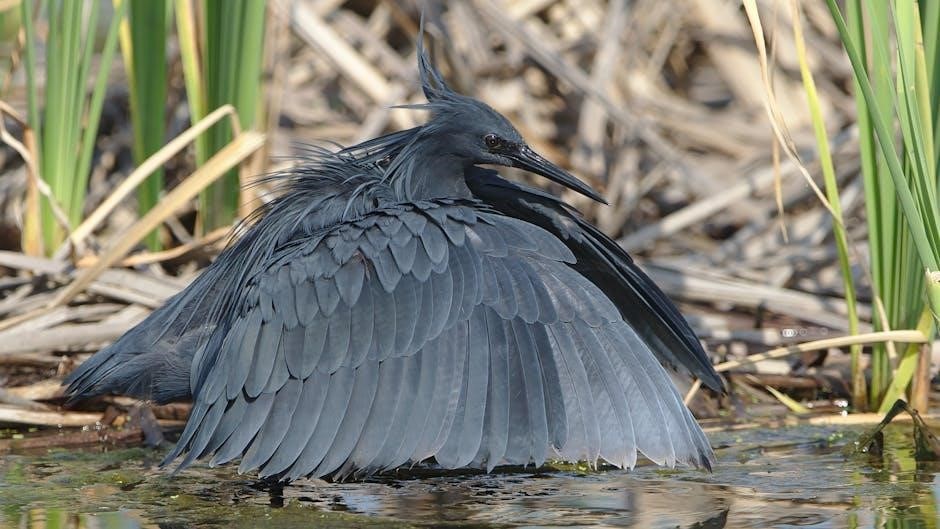
Popular Locations for Guided Bear Hunts in Michigan
Michigan’s Upper Peninsula (UP) and select areas in the Lower Peninsula are renowned for guided bear hunts. The Bergland and Carney areas in the western UP are particularly popular, offering dense forests and abundant wildlife. Experienced guides in regions like Petoskey and Gaylord ensure high success rates, making these locations favorites among hunters seeking trophy bears in Michigan’s pristine wilderness.
The Upper Peninsula (UP) as a Prime Location
The Upper Peninsula (UP) of Michigan is a premier destination for guided bear hunts, offering vast wilderness areas and a healthy black bear population. Its dense forests, abundant food sources, and remote landscapes create an ideal habitat for bears. The Bergland and Carney areas are particularly favored for their high success rates and trophy-sized bears. Guides in the UP leverage their deep knowledge of the terrain to track and locate bears effectively. The region’s expansive hunting zones provide ample opportunities for both archery and rifle hunters. With its pristine natural beauty and expert outfitters, the UP remains a top choice for hunters seeking an unforgettable bear hunting experience in Michigan.
Best Hunting Zones and Units in Michigan
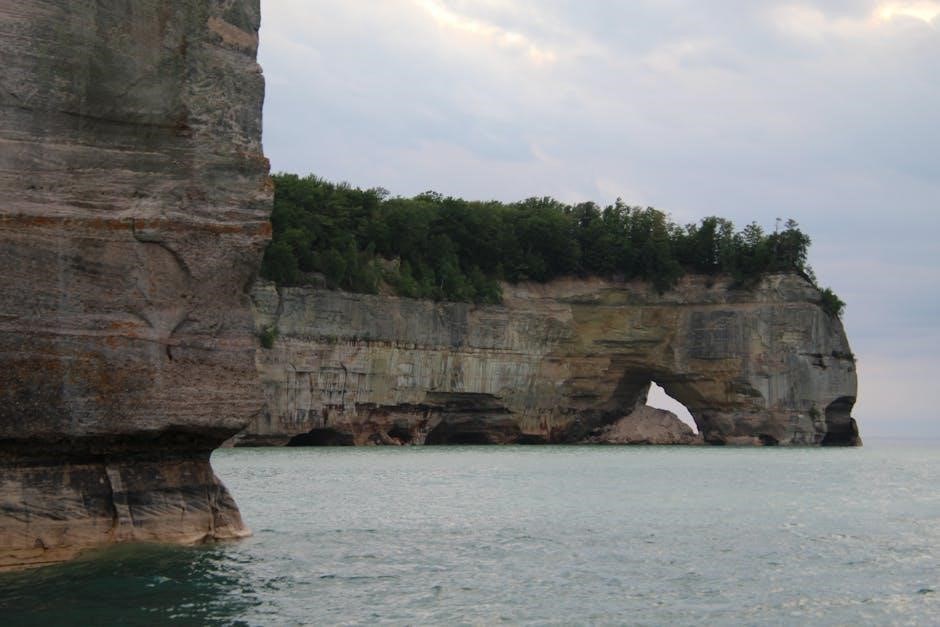
Michigan’s bear hunting zones are divided into several units, each offering unique hunting opportunities. The Upper Peninsula (UP) is renowned for its productive zones, including the Bergland and Carney units, known for their robust bear populations and trophy potential. Additionally, the Drummond Island area provides a mix of forest and wetland habitats, attracting a significant number of bears. In the Lower Peninsula, the Baldwin and Atlanta areas are popular for their reliable bear activity and accessible terrain. Each unit has specific regulations and bag limits, so hunters must carefully plan their strategies. Guides often focus on these prime areas, utilizing their expertise to maximize success rates. By targeting these zones, hunters can experience the thrill of Michigan’s bear hunting at its best.
Choosing the Right Guide or Outfitter
Selecting a reputable guide or outfitter is crucial for a successful Michigan bear hunt. Look for experienced professionals with local knowledge and a proven track record of success.
Reputable Outfitters in Michigan
Michigan is home to several reputable outfitters known for their expertise in guided bear hunts. Outfitters like 906 Outdoors and Pine Creek Outfitters are highly recommended for their proven success rates and extensive local knowledge. These professionals offer comprehensive services, including pre-hunt preparation, gear support, and strategic guidance to maximize your chances of a successful hunt. Many of these outfitters have decades of experience and operate in prime locations across the Upper Peninsula, ensuring access to thriving bear populations. When selecting an outfitter, prioritize those with a strong reputation, experienced guides, and a commitment to ethical hunting practices. Their expertise can make a significant difference in your hunting experience, ensuring safety, legality, and memorable adventures in Michigan’s wilderness.
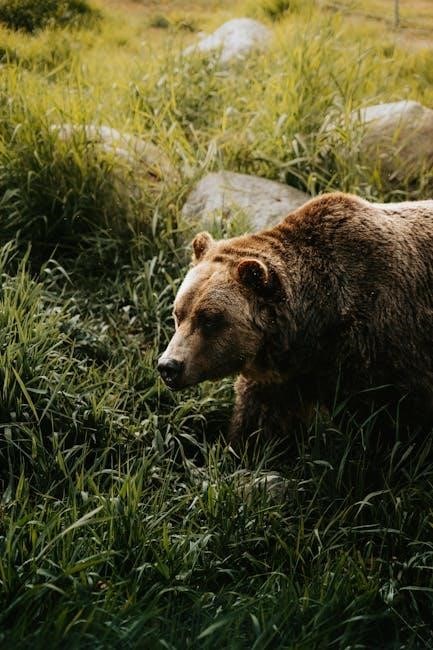
What to Look for in a Guided Hunt Service
When selecting a guided hunt service for bear hunting in Michigan, prioritize outfitters with proven experience and a strong track record of success. Look for services that offer comprehensive packages, including pre-hunt planning, baiting strategies, and expert guidance during the hunt. Ensure the outfitter has extensive knowledge of the local terrain and wildlife patterns, as this significantly increases the likelihood of a successful hunt; Additionally, check for ethical practices, proper licensing, and adherence to Michigan’s hunting regulations. A reputable service will also provide necessary gear and equipment, reducing the need for you to transport heavy supplies. Finally, consider reviews and testimonials from past clients to gauge the outfitter’s reliability and commitment to ensuring a safe and enjoyable experience.
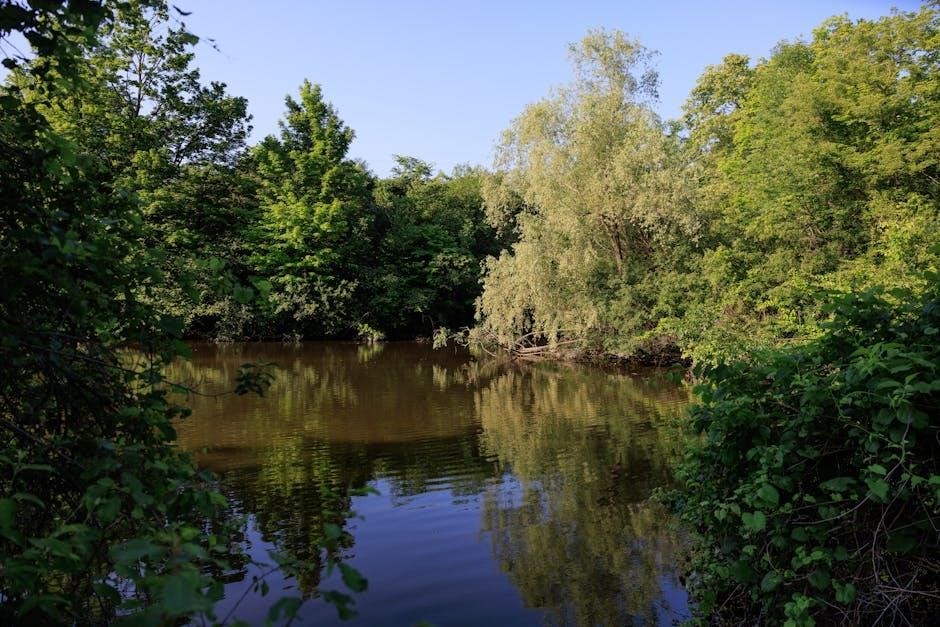
Preparation and Gear for a Successful Hunt

Essential gear includes rifles, bows, ammunition, tree stands, and camouflage. Physical conditioning is crucial due to Michigan’s rugged terrain. Mental preparation and patience are equally important for success.
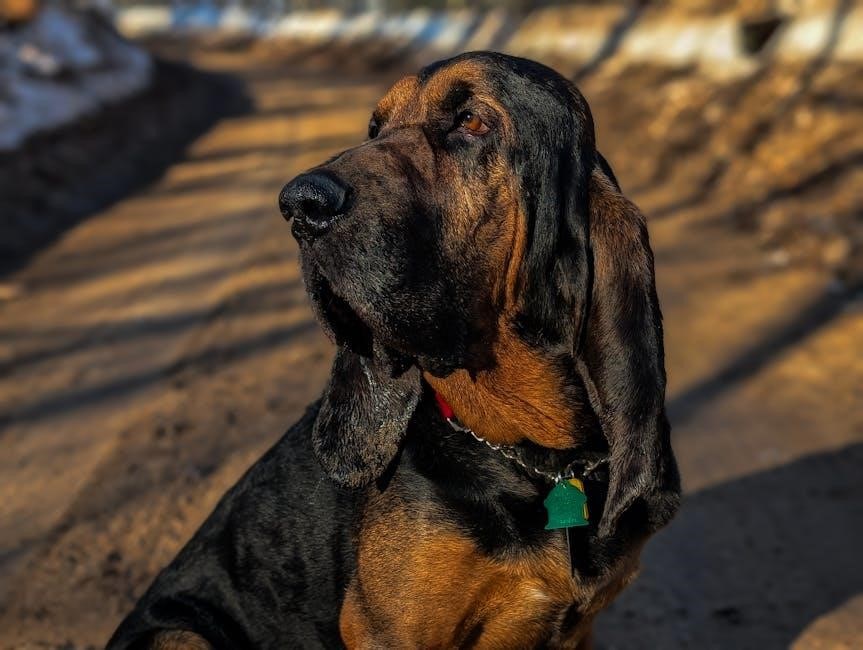
Essential Equipment for Bear Hunting
When preparing for a Michigan guided bear hunt, it’s crucial to have the right gear. A reliable rifle or bow, appropriate ammunition, and sturdy tree stands are must-haves. Camouflage clothing and scent-blocking gear help hunters remain undetected. High-quality binoculars are essential for spotting bears from a distance, while GPS devices and compasses aid navigation in dense forests. A first-aid kit, extra clothing, and waterproof gear are vital for unpredictable weather conditions. Bear-specific calls and baiting equipment, such as scents and lures, can attract game effectively. Additionally, a sturdy knife, rope, and drag sled are necessary for field dressing and transporting harvested bears. Ensuring all equipment is durable and suitable for Michigan’s rugged terrain is key to a successful and safe hunting experience.
Physical and Mental Preparation for the Hunt
Physical and mental preparation is vital for a successful Michigan guided bear hunt; Hunters should engage in cardiovascular exercises to build endurance, as bear hunting often involves long hikes in rugged terrain. Strength training can also help with carrying gear and maneuvering in dense forests. Mentally, hunters must stay focused and patient, as waiting for the right shot can be challenging. Practicing mindfulness and stress management techniques can improve decision-making during high-pressure moments. Additionally, understanding bear behavior and body language is crucial for safety and ethical hunting practices. Guides often provide insights and training to help hunters prepare both physically and mentally, ensuring they are ready for the demands of the hunt and the unpredictable nature of wildlife encounters.
Post-Hunt Procedures and Considerations
Post-hunt procedures ensure responsible handling of harvested bears. Proper field dressing and meat handling are crucial for quality and safety. Hunters must check in their harvest with wildlife authorities to comply with regulations and promote sustainable hunting practices. Ethical considerations, such as respecting the animal and the environment, are essential for maintaining the integrity of Michigan’s guided bear hunts.
Field Dressing and Handling Bear Meat
Proper field dressing is essential to ensure the quality and safety of bear meat. Hunters should make precise incisions to avoid contaminating the meat with internal organs. Cooling the carcass immediately is crucial to prevent spoilage and maintain tenderness. Once dressed, the meat should be stored in clean, airtight containers or game bags to keep it fresh. Guides often provide expertise in handling and transporting the meat, ensuring it remains clean and free from contamination. Proper handling practices not only preserve the flavor but also comply with health and safety regulations, making the harvested bear a sustainable and ethical source of protein for hunters and their families.
Legal and Ethical Considerations After the Hunt
After a successful bear hunt in Michigan, it is crucial to adhere to legal and ethical standards. Hunters must immediately tag the bear and report the harvest to the Michigan Department of Natural Resources (DNR) within the required timeframe. Proper documentation, including licenses and tags, must be maintained. Ethically, hunters should respect the animal by utilizing as much of the bear as possible, minimizing waste. Handling the carcass with care ensures the meat remains safe for consumption. Additionally, hunters should follow best practices for disposing of remains to avoid attracting other wildlife. Guides often assist with these processes to ensure compliance and ethical practices, promoting a responsible and sustainable hunting experience for all participants.